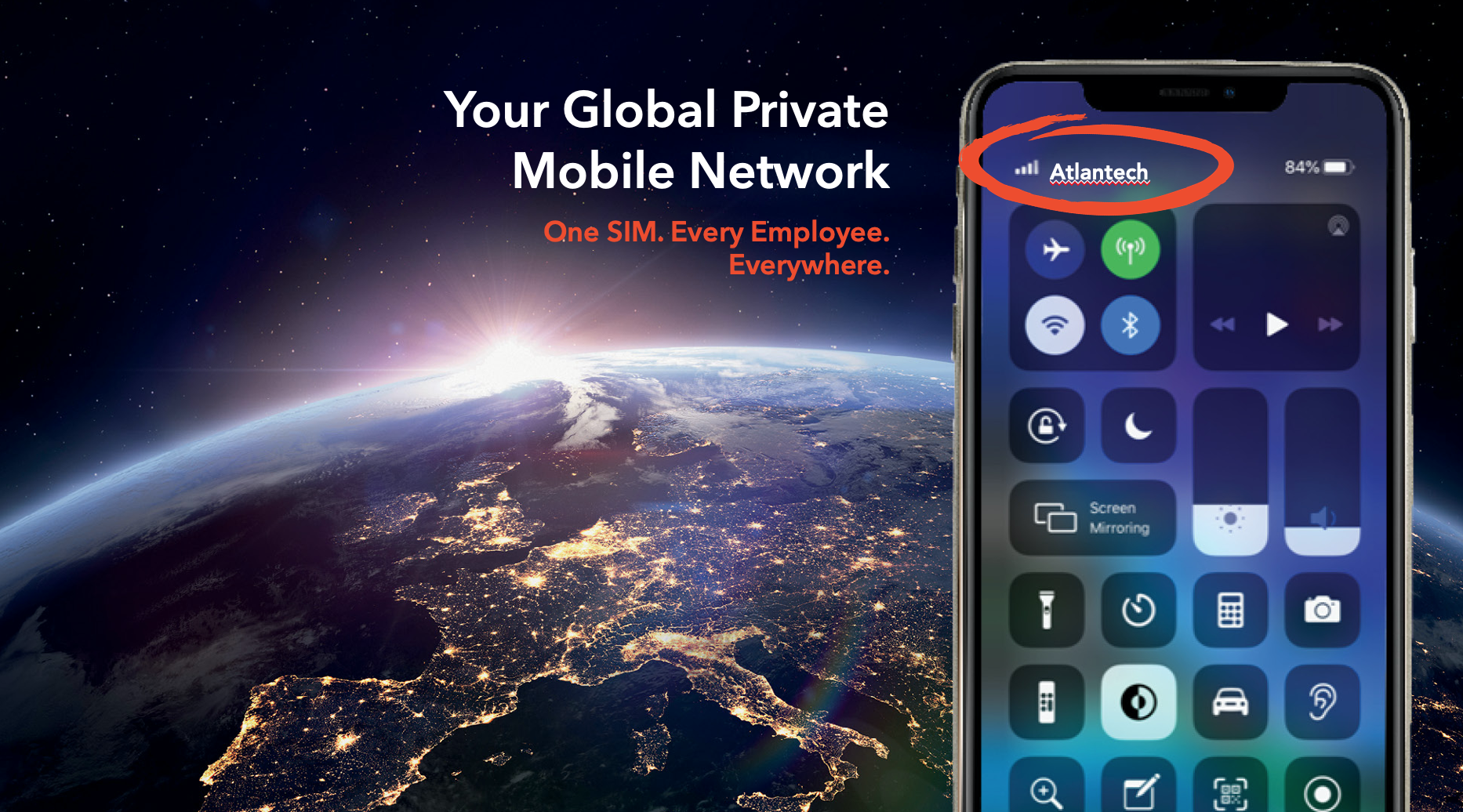Business Line for Cell Phone Use is the Future. And It's Available Now.

You've got your mobile phone. You've got a phone on your desk. Do you need both? Not anymore! For many, desk phones are over. Starting now, you can get all the benefits of your desk phone natively on your mobile phone. And even better, it's surprisingly easy to make the switch. The switch even offers benefits like cost savings, negating the need for separate personal and business mobile devices which results in happier employees. Best of all, your business controls all of your company’s communications.
Making the switch to a mobile-only workplace makes sense for many businesses. After all, we always have our smartphone on us.
89% of Americans keep their smartphone within reach 24-7.
On average, we unlock our phones 150 times a day, or once every 6 minutes when we’re awake. Personal smartphones are a force of habit at this point.
What if you could allow your employee's own smartphones to natively double as their business line?
Well, now you can. And, when you think about the future business lines for cell phones makes a whole lot of sense.
How eSIM technology is enabling business lines for cell phones
Most people carry a smartphone at all times. They use it instead of their desk phone for work whenever they can. This means desk phones don’t leave a complete data trail of call logs or call recordings.
Luckily, eSIM technology has arrived, and it’s about to change everything. 10 years from now, businesses everywhere will switch their business lines to employee cell phones.
Personal Cell Phones Don’t Show the Whole Picture
Until now, there were obvious issues when employees used a personal mobile phone for work. Coworkers and clients got confused about the right number to call. Calls made from a cell phone couldn’t be archived in the past. They weren’t routed through the company’s Unified Communications systems or PBX.
An incomplete picture of voice communications can cause big issues. It’s a problem when calls aren’t logged in the customer relationship management (CRM) tools because customer service reps don’t have the whole picture. If someone leaves the company, their personal cell phone call records are lost permanently.
People are Mobile
Smartphone technology has drastically changed human behavior. It’s changed how we search for information and communicate. Smartphones have also changed how we work.
93% of people use a smartphone for work every day.
On average, one-third of our workday is spent on a mobile device.
Smartphones are used for email, texting, and calls, but they’re also used for a lot of other work-related tasks. Mobile devices are used for business apps, virtual desktops, and document management.
Mobile changed the rules about how and where people get work done. Almost half of the modern workforce works from home at least once per week. No one spends 8 hours a day at their desk. Employees are on the move, going to meetings, lunch, or visiting coworker’s offices. Their smartphones move with them, but a desktop phone doesn’t go anywhere since it’s plugged into the wall.
People are More Productive on Personal Smartphones
People want to be productive. This means using the device they’re most comfortable with. Workers save an average of 81 minutes each week, working from a personal mobile device. That’s over 72 hours each year per person!
40% of IT leaders think that people would stop breaking IT policy if the policy supported personal mobile device use in the workplace. Forbidding personal mobile device use doesn’t guarantee that people are going to use their desktop phones. It just means people are going to find workarounds to get stuff done.
When a smartphone isn’t connected to conferencing or call recording systems, you lose visibility into that call activity.
For the vast majority of the workforce, personal mobile devices make sense. Smartphones make it possible for people to call clients from the road when they’re stuck in traffic. Mobile devices allow employees to type out email responses while they’re waiting in line at the coffee shop.
This leaves businesses with two choices: You can embrace the personal mobile device revolution, or you can fight for people to make the switch back to desk phones. If you take the second option, there’s little guarantee people will give up their personal devices.
What if eSim Could Change Everything?
eSim technology makes it possible for a cell phone to leverage business systems, just like a desk phone that’s connected to Unified Communications. Employees can receive phone calls to their business line from a cell phone. They don’t need to learn new systems when they move from the office to the field or take a business trip.
Employees are also able to use the hands-free headsets that work with their phones, like air pods. There are no extra equipment or desktop hardware investments, so the potential cost savings alone are enormous.
For the sake of illustration, let's pinpoint an average handset cost of $500 per desktop phone. A company with 50 employees could save $25,000 on desktop hardware. When you add in indirect cost savings of switching to smartphones like increased productivity, the potential impact is staggering.
Calculate how much you could save on handset hardware by switching to eSim technology: How Much Does a Phone System Cost for Small Business?
How to Add Business Line to Cell Phones
Atlantech can add a SIM to employees’ personal cell phones. When a smartphone user makes a call from the mobile device dialer, they can choose which SIM to use. People can dial personal calls from their personal phone number and call clients from their business line. All native call features work, and there’s no new app or interface for employees to learn.
The mobile device is registered with a switch when eSim is added. Any call made by the business line goes through Atlantech Online's voice switch. Business calls are logged in the customer relationship management tool and UCaaS systems. eSim calls from personal mobile can be recorded and stored in your virtual call recording system.
Best of all, there’s no new equipment to buy. The eSim isn’t hardware. It’s software-based. If you currently have UCaaS with Atlantech, making the switch to eSIM is as simple as flipping a switch in your software. How much could you benefit from Unified Communications tools? Start a conversation with Atlantech to learn more about eSim and other cloud communication tools.


